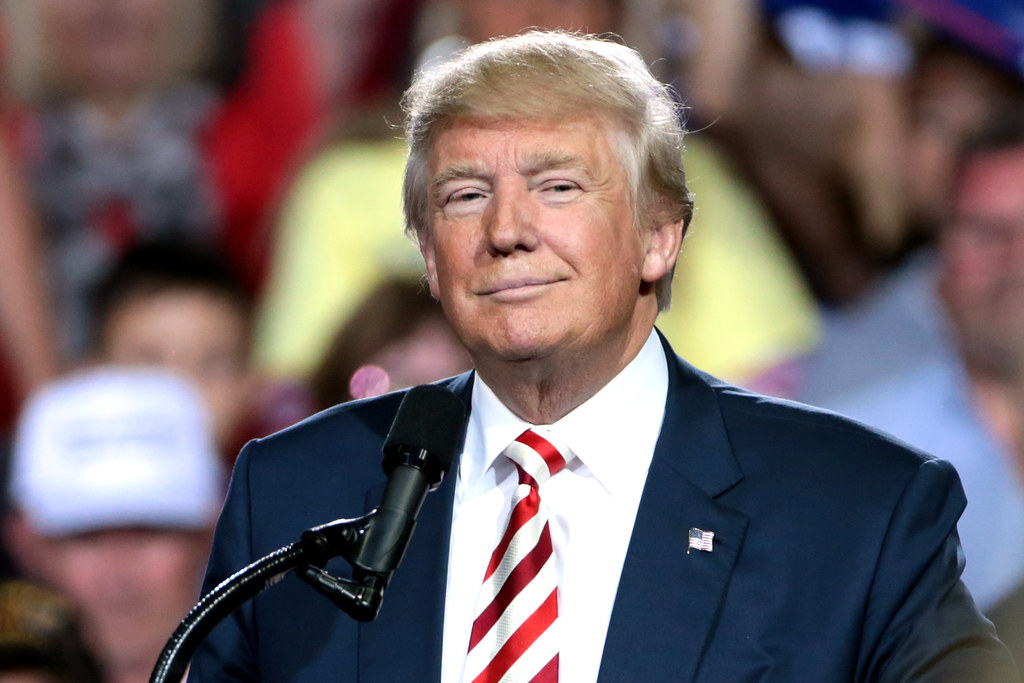Key Takeaways
• President Trump pushed regulators to help EchoStar avoid bankruptcy.
• EchoStar spectrum licenses sold to SpaceX and AT&T for $40 billion.
• Critics say the deal rewards a Trump ally and hurts fair competition.
• This move may fuel claims of crony capitalism in Washington.
EchoStar spectrum has become the center of a big political fight. The Wall Street Journal editorial board says President Trump forced regulators to back a massive sale. As a result, the telecom market shifted billions of dollars in value. Yet many experts worry this deal shows too much government favoring one company over others.
Why EchoStar Spectrum Is in the Headlines
First, it helps to know what happened. EchoStar had trouble paying its debts. Therefore, regulators considered taking back unused spectrum licenses. These licenses let companies send wireless data across the country. Without them, EchoStar risked bankruptcy.
Then, President Trump and his team stepped in. They stopped the Federal Communications Commission from auctioning EchoStar spectrum. Instead, companies like SpaceX and AT&T could buy those licenses directly from EchoStar. Ultimately, EchoStar sold $17 billion in spectrum to SpaceX. It also sold $23 billion to AT&T a month earlier.
How the Deal Unfolded
Initially, Trump’s first-term team broke up the Sprint and T-Mobile merger. They forced Sprint’s Boost prepaid business and some spectrum to go to Dish Network. EchoStar later bought Dish Network, so it ended up with that spectrum. However, EchoStar never used it. In fact, critics said EchoStar was just “warehousing” spectrum.
Meanwhile, EchoStar’s founder, Charlie Ergen, met with President Trump. His goal was to protect those unused licenses. Apparently, Trump did not want to face headlines about a company going under on his watch. Instead, regulators let Ergen sell spectrum directly. Consequently, EchoStar spectrum ended up in the hands of the richest tech companies.
What Critics Are Saying
Many see this as a clear case of political favoritism. For example, the Wall Street Journal editorial board wrote that Trump’s regulators saved EchoStar from bankruptcy. They argue this move contradicts free-market principles. Moreover, it hurts smaller players who cannot afford such deep political ties.
Furthermore, this deal takes EchoStar out of the wireless industry altogether. EchoStar only entered wireless because of Trump’s own earlier intervention. Now, with most licenses sold, EchoStar looks more like an investment vehicle than a telecom competitor. As a result, fewer rivals might lead to higher prices for customers.
Why This Matters for Consumers
On one hand, SpaceX and AT&T promise faster service for users. SpaceX will expand its Starlink satellite network. AT&T says it will deploy new capacity swiftly. Thus, consumers could see better connectivity. However, critics warn that less competition can drive up costs in the long run. Not to mention, it sets a risky precedent when politics shapes telecom markets.
In addition, many Republicans in Congress wanted an auction. They believed an auction would raise tens of billions for the government. It would also let many companies bid on EchoStar spectrum fairly. Yet the White House blocked that path. Consequently, the public missed out on a chance for extra revenue.
Crony Capitalism and the Bigger Picture
Some Democrats admit they also interfere in markets. They point to past regulation under their watch. Nevertheless, Republicans now hold the power. Their critics cite this EchoStar spectrum deal as proof of crony capitalism. In other words, big businesses get special favors. As a result, the rule of law and equal opportunity suffer.
Moreover, this episode may shape future political debates. Democrats can use it to rally voters against GOP policies. They will argue that Republicans, not Democrats, now crown corporate favorites. Consequently, both sides may face pressure to prove they play fair.
What’s Next in the Telecom Battle?
Regulators and lawmakers will likely investigate the deal more closely. Some may propose new rules to prevent political meddling in spectrum auctions. Others could push for stronger limits on how long companies can hold unused spectrum. For instance, stricter “use it or lose it” policies might emerge.
Also, smaller telecom firms and start-ups will watch this case carefully. They worry that only big names with political clout can access crucial resources. Therefore, entrepreneurs may lobby for more transparent auctions and fair rules.
Meanwhile, consumers should keep an eye on their service bills. If competition fades, monthly wireless costs could rise. Yet improved infrastructure from SpaceX and AT&T might offset that effect. In any case, the final outcome depends on future policy changes.
The Bottom Line
This EchoStar spectrum saga shows how politics and business often mix. On the surface, the sales boost network speed and coverage. However, the way regulators handled the deal raises serious questions. Was this a smart rescue or a clear act of favoritism? Either way, it highlights the need for fair rules in critical industries.
Frequently Asked Questions
What exactly is EchoStar spectrum?
EchoStar spectrum refers to wireless frequencies that EchoStar owns. These frequencies let companies transmit data across the country.
Why did Trump intervene in this deal?
President Trump wanted to avoid seeing a major telecom company go bankrupt during his term. He stepped in to stop the government from auctioning EchoStar’s unused spectrum.
How does this sale affect consumers?
In the short term, SpaceX and AT&T promise faster and better service. However, reduced competition could raise costs over time.
Could this deal lead to new telecom rules?
Yes. Lawmakers may tighten rules on spectrum holding. They might also require more auctions to keep the market fair.

